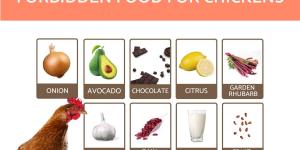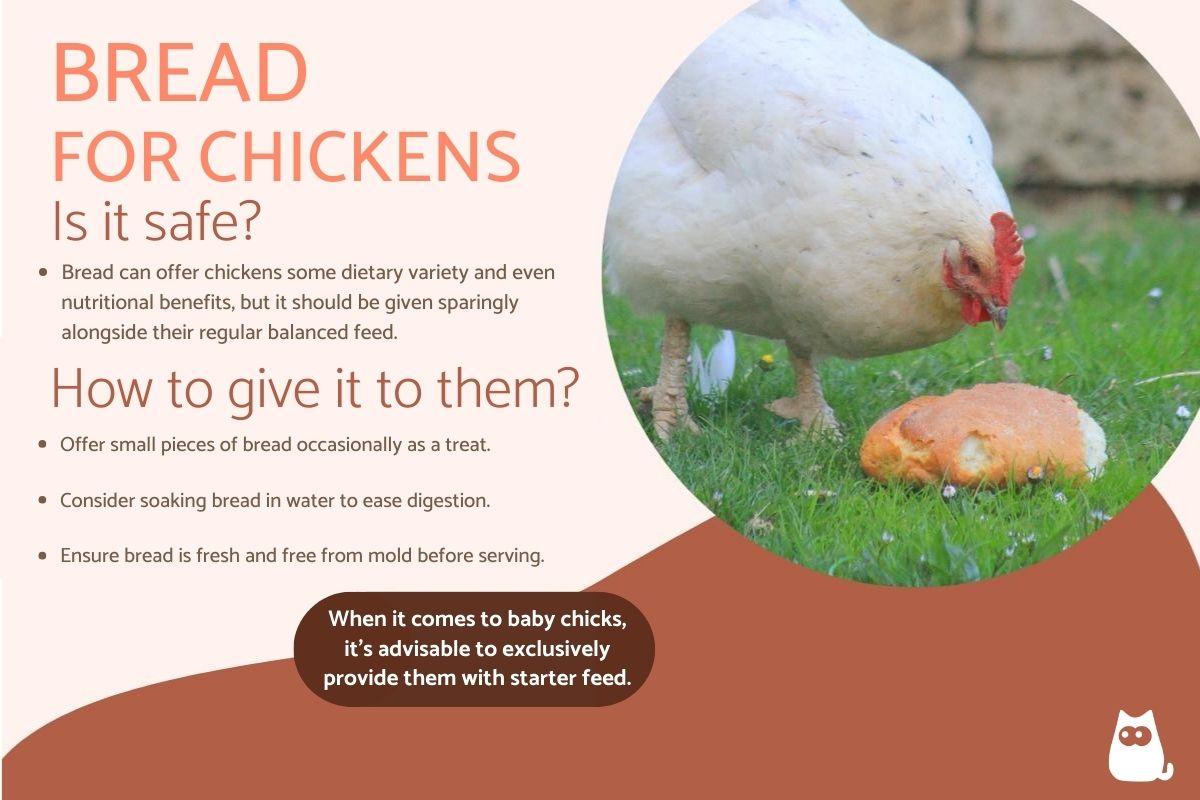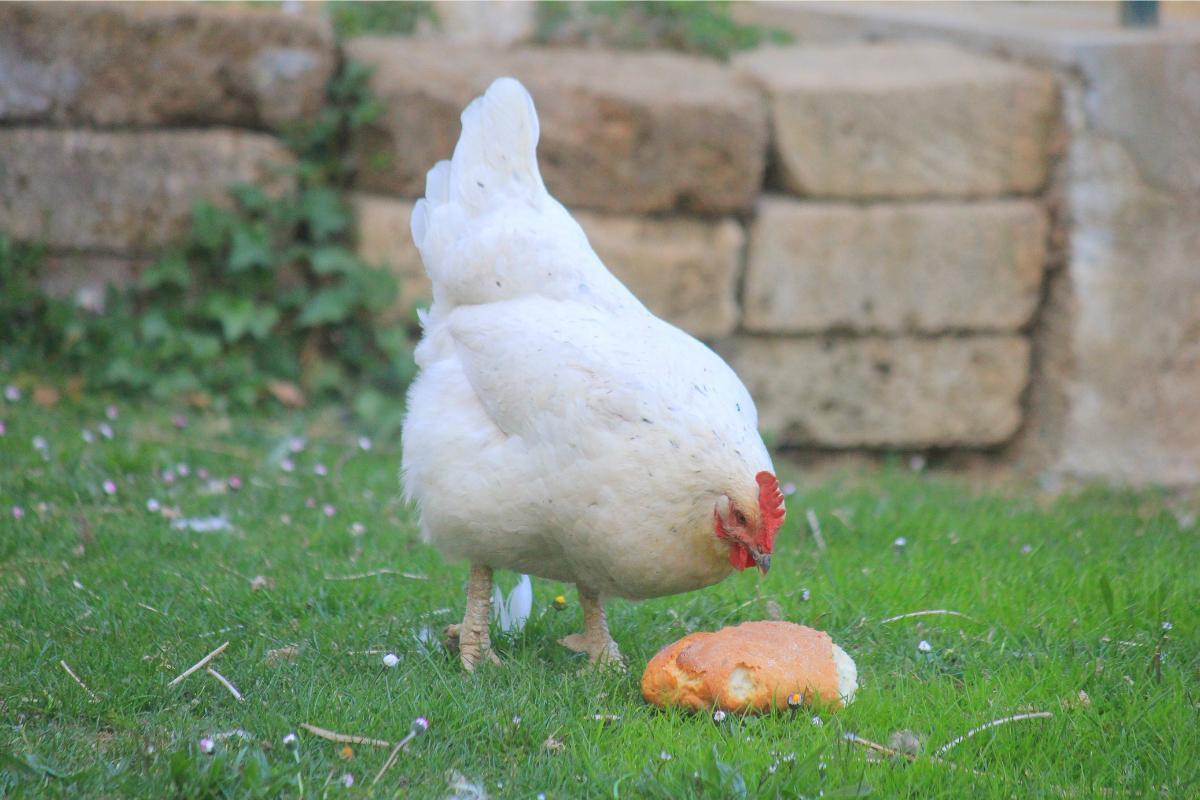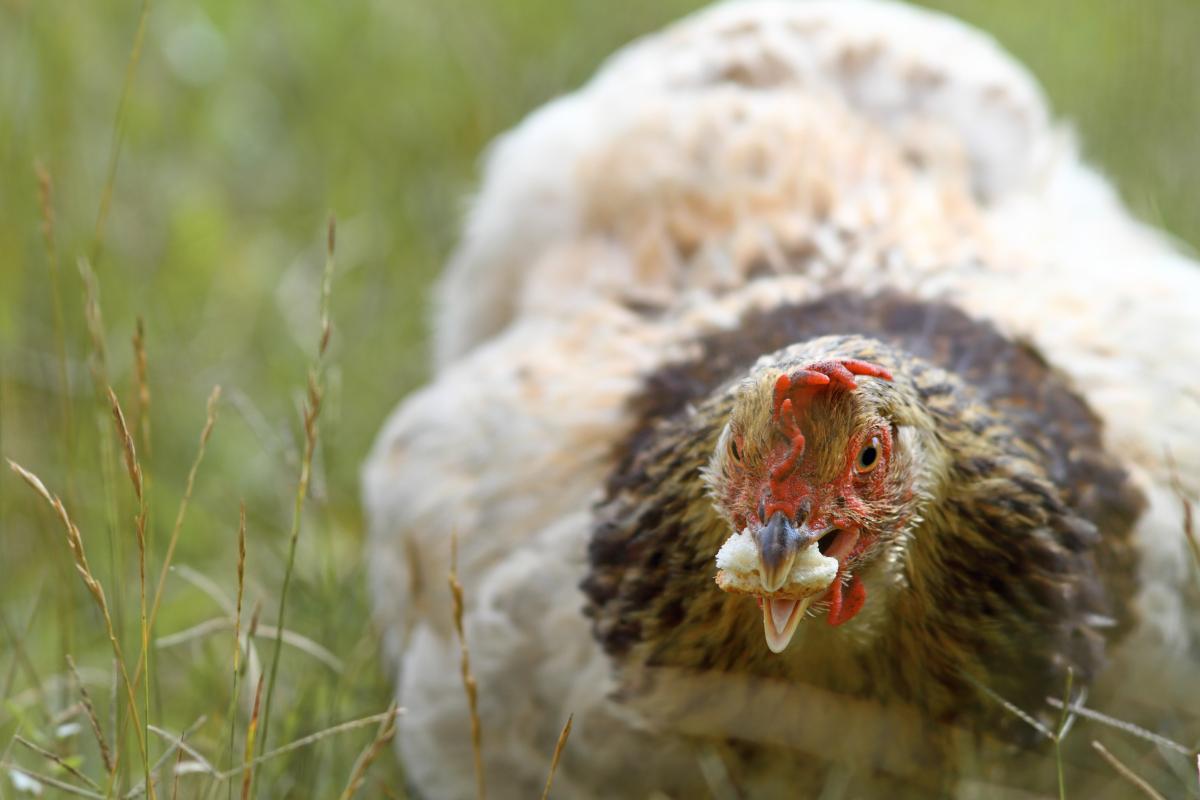Can I Give My Chickens Bread?


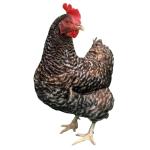
See files for Hens and roosters
In recent years, chickens have become beloved pets, leading to a surge in questions about their health, hygiene, and nutrition. While commercial options for chicken care products are readily available, they are often designed with the focus on laying hens or those raised for meat consumption. As a result, many chicken lovers seek alternative methods to provide a well-balanced diet for their birds. One common query that arises is whether bread is a suitable addition to their menu.
In the following AnimalWised, we discuss whether bread is good for chickens, or whether they should avoid it. We also discuss important considerations to keep in mind when feeding bread to chickens, as well as potential side effects and contraindications.
Can chickens eat bread?
The quick answer is yes! Bread can be a valuable addition to a chicken's diet. Chickens are omnivorous, and their diet encompasses a variety of foods, including cereals, fruits, vegetables, legumes, meat, fish, herbs, seeds, and more. They often forage for these items in fields, gardens, or pastures where they roam.
However, when offering bread to your feathered friends, there are some important considerations. It's essential to select high-quality bread, preferably as natural as possible, to ensure it contributes positively to their nutrition. Whole wheat bread, in particular, can be an excellent choice. But always check the ingredients before sharing it with your hens and offer it in moderation.
Benefits of bread for chickens
As previously mentioned, bread is typically composed of cereals, salt, water, and ferments. Depending on the type of cereals used, you'll find various varieties of bread. Let's take whole wheat bread as an example, showcasing its richness in essential nutrients:
- Whole wheat bread contains an abundance of complex carbohydrates, primarily in the form of starch. These carbohydrates are a valuable source of energy.
- It also provides proteins, including the notable gluten. Proteins are essential for growth and overall health.
- Whole wheat bread is a good source of dietary fiber, which aids in digestion and supports a healthy gut.
- This bread variety offers essential minerals such as selenium, phosphorus, magnesium, zinc, and iron, all of which are vital for various bodily functions.
- Whole wheat bread contains vitamins like B1 (thiamine) and B3 (niacin), contributing to overall well-being.
- It is noteworthy that whole wheat bread is low in fat, making it a nutritious and balanced option.
Considering these nutrient-rich qualities, opting for whole wheat bread is an excellent choice when feeding chickens. It ensures they receive a comprehensive array of nutrients essential for their overall health and well-being.

Amount of bread for chickens
Chickens are active foragers, spending a significant part of their day pecking for food, especially in the presence of sunlight. However, it's crucial to strike the right balance when it comes to providing them with bread.
While bread can be a part of their diet, it shouldn't serve as the primary source of nutrition. Instead, it should be viewed as a supplementary treat, reserved for specific occasions or as a reward.
For instance, you can incorporate bread into their diet approximately 2-3 times a week, at most. However, moderation is key. When offering bread, ensure you provide only a small piece, typically around 15 grams per hen. This measured approach helps maintain a well-rounded and nutritious diet for your chickens, preventing them from becoming overly reliant on bread as a primary food source.
When it comes to baby chicks, it's advisable to exclusively provide them with starter feed. It's important not to let them consume too much of this low-protein treat during their early stages.
To better understand the intriguing behavior of chickens consuming their own eggs, explore our other article on why chickens eat their own eggs.
How to give bread to chickens?
Chickens can enjoy bread in various ways. Whether you choose to mix it with their regular diet or offer it separately, there are some considerations to keep in mind.
- Feeding methods: you might place it in a container, hand them a piece directly, or scatter it around their outdoor space. The choice is yours, depending on what works best for you and your flock.
- Bread texture: to make it more chicken-friendly, consider crushing or grating hard bread. This makes it easier for them to consume. If the bread is exceptionally hard, soaking it in a bit of water is a good practice. Some caregivers even use milk, which chickens enjoy, but it's essential not to overdo this mixture.
- Soaking for fresh bread: when offering fresh bread, soaking it is advisable. This prevents it from forming clumps in the crop, making digestion smoother. Always ensure the bread is in good condition. If you spot mold, discard the entire piece to protect your chickens' health. If they don't finish the soaked bread, dispose of it promptly to prevent spoilage.
- Watch for overconsumption: chickens can be enthusiastic eaters, and if given too much bread, they might consume it voraciously. Monitor their intake to prevent overeating, which could lead to health issues such as obesity.
- Quality matters: always select high-quality bread made from wholesome ingredients. Avoid bread with excessive additives, preservatives, or artificial flavorings. Quality bread contributes to the overall health of your chickens.
- Respect individual preferences: chickens, like people, have preferences. If a chicken shows no interest in bread, there's no need to insist. You can provide essential nutrients through other suitable ingredients, such as cereal grains, to maintain a balanced diet.
- Free from mold: when offering bread to chickens, it's crucial to ensure it's fresh and free from any signs of mold. Moldy bread can be harmful to their health and should be promptly discarded to prevent potential digestive issues.
To ensure the well-being of your chickens, it's crucial to be aware of what they should avoid in their diet. For more insights, explore our comprehensive guide in the article on forbidden foods for chickens.

Side effects of bread for chickens
While bread can be a welcomed addition to a chicken's diet when offered in moderation, an excess of bread can have adverse effects on their health. Here are some additional considerations on the potential risks of overfeeding bread to chickens:
First, excessive bread consumption can lead to a nutritional imbalance. When bread replaces other essential foods in their diet, chickens miss out on vital nutrients. This can result in deficiencies that affect their overall health and egg-laying capabilities.
Furthermore, bread is rich in carbohydrates, and if consumed excessively, it can cause weight gain in chickens. An overweight chicken is more prone to health issues, including joint problems and reduced egg production.
Offering bread soaked in milk, while appealing to chickens, can exacerbate the issues of weight gain. Additionally, chickens cannot efficiently digest lactose found in milk, which can lead to digestive discomfort and diarrhea.
Finally, feeding fresh bread without soaking can also pose problems. Whole pieces of bread may remain in the crop for extended periods, delaying digestion and potentially causing digestive issues, including diarrhea.
If chickens consume moldy bread or any food contaminated with mold, it can lead to various health issues. Mold can produce mycotoxins, which are harmful to animals, including chickens. Depending on the type and amount of mycotoxin ingested, chickens may experience symptoms such as digestive problems, reduced egg production, lethargy, and even more severe health issues.
To maintain the health and well-being of your chickens, it's essential to control the quantity and frequency of bread in their diet. Always prioritize a balanced and varied diet to ensure they receive all the essential nutrients they need to thrive. Monitoring their weight, observing their behavior, and adjusting their diet accordingly will help keep your flock happy and healthy.
Contraindications of bread for chickens
While bread can be a suitable treat for chickens when offered in moderation, there are some contraindications and potential risks associated with its overconsumption or improper feeding.
Chickens with preexisting health conditions or those prone to obesity should consume bread sparingly or under the guidance of a veterinarian. For example, chickens with diabetes may not tolerate high-carbohydrate foods like bread.
Whole pieces of bread, particularly if dry and large, can pose a choking hazard to chickens. Always break bread into small, manageable pieces to prevent choking incidents.
If you want to read similar articles to Can I Give My Chickens Bread?, we recommend you visit our Homemade diets category.
- Spanish Nutrition Foundation. Whole grain bread . Available at https://fen.org.es/MercadoAlimentosFEN/pdfs/panintegral.pdf


